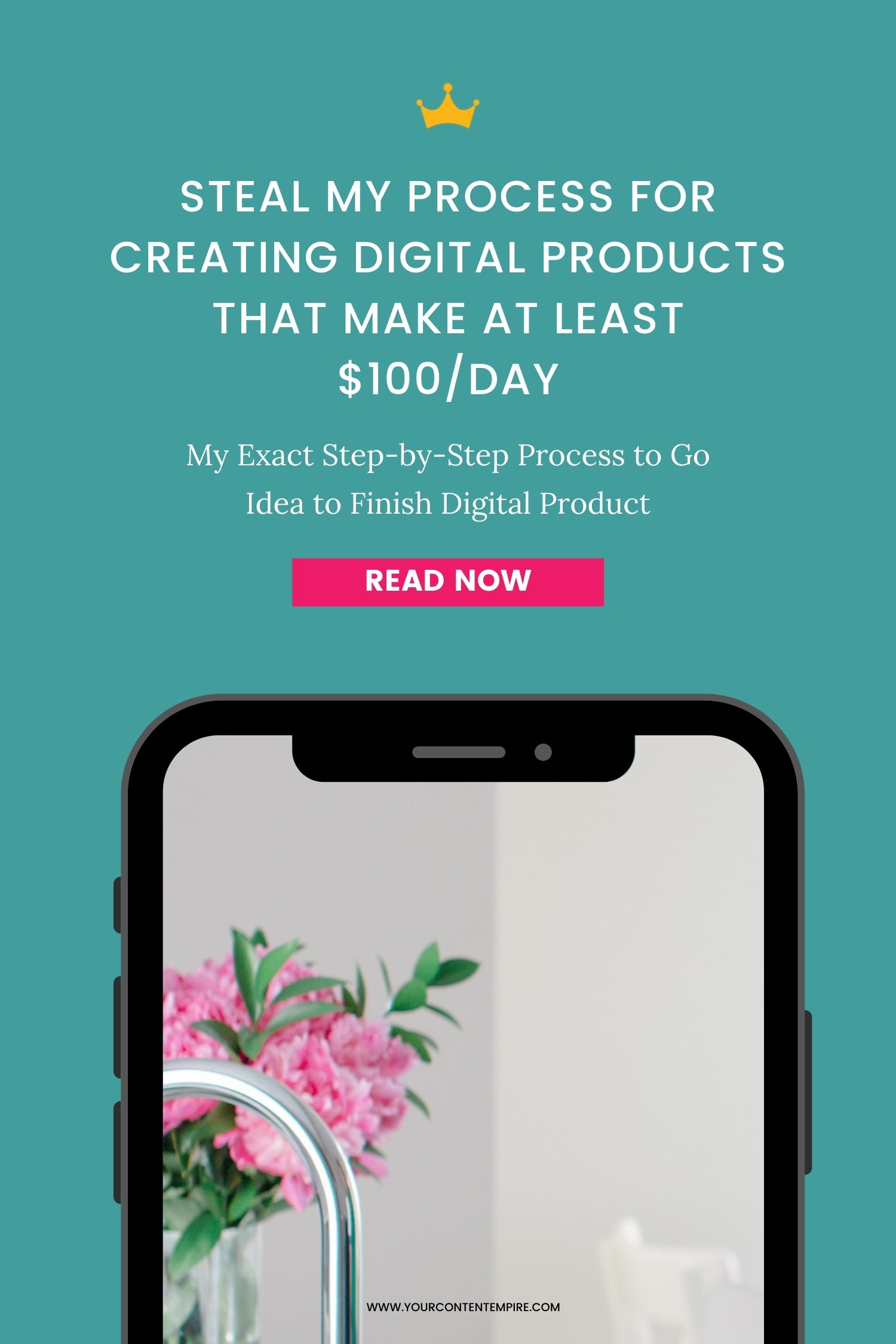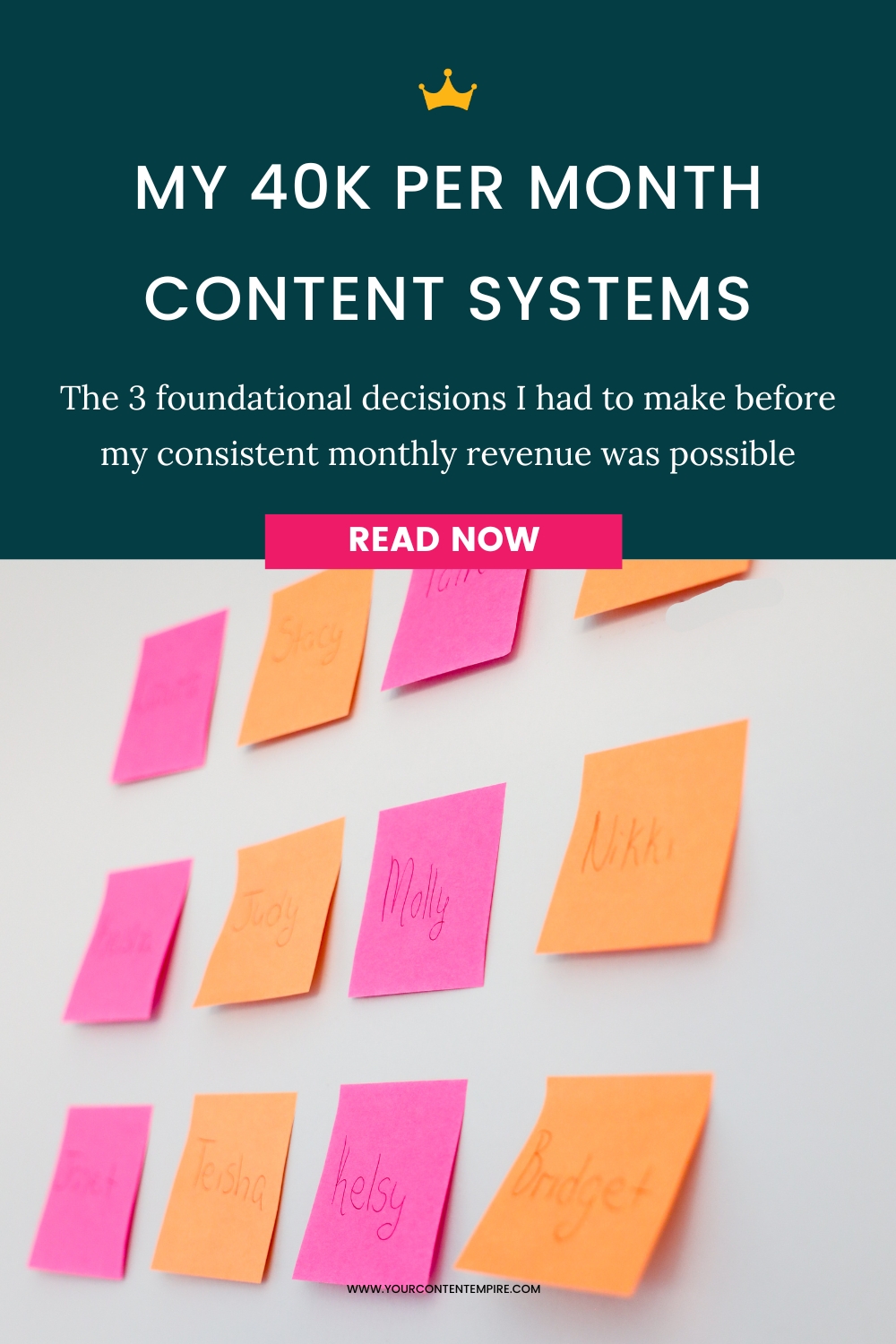Have you been wanting to write a book but have no idea where to get started? This episode with Jodi Brandon from Jodi Brandon Editorial is a must-listen for anyone who’s interested in writing a book and wants some of Jodi’s behind-the-scenes batching magic inspiration!
Jodi Brandon has more than 20 years' experience in book publishing. After many years working in traditional publishing, Jodi's passion these days is working as a book writing/publishing coach and editor for creative entrepreneurs and small business owners who want to up-level their business with a book.
Key Takeaways from this Episode
What has your business journey looked like from when you first hung out that digital “come in, we’re open sign” to where you are today?
- Oh my gosh, it's like night and day. I started freelance editing probably in… When we first moved down to the Philadelphia area, my husband and I, we lived in the New York area, which is like the book publishing capital of the world. He got transferred to the Philadelphia office, so I figured that would be a good time to sort of hang up that little freelance, “Come on in,” sign because the publishing in Philadelphia is science publishing, which is not my bag. I just started freelancing just for book publishers, and then it sort of morphed into book publishers, and self-publishing authors. Now it's just self-publishing authors. And now it's just self-publishing authors who are entrepreneurs. It's a whole different world, really, from when I started all those years ago.
In terms of legacy – what is the big mission you’re here to accomplish with your business?
- Yeah, I guess I never really thought about it in terms of legacy of that sort of like big thing. But I think for me it's just about I've always loved books, and I've always understood even as a kid the impact books can have on you, and what they can teach you, and how they can help you be a better decision maker and a better human, and a better daughter, and sister, and mother, and all of those things. All of those little different aspects of our lives. I think it's really for me about helping other people get their story and their message out, to sort of help create I guess their legacy and their business. I guess that's my legacy, if that makes sense.
What's the #1 burning question you get from your community and what do you tell them?
- The biggest question that I get every single day is, “When is it the right time? How do I know I'm ready?” Sort of some combination of that question, is the question that I hear every single day. I tell them, there's lots of way to tell if you're ready, and not ready. Or, if it's the right time and not the right time. The big thing is, sometimes I'll hear from people who just started their business. You're probably not ready yet. You probably don't have the experience and all of that, to teach someone else yet. So, you usually have to have… You're a few years in. The other thing, honestly, and this has nothing to do with your business and your knowledge about your business really. It's about the margin in your life and your calendar, and what that looks like.
- Sometimes people come to me and they want to talk about writing a book, and they're like, “Well I'm also launching two courses and a live event next year. I think the book would be great for that.” Well, the book might be great for that, but that's a lot because a book is a big, huge commitment, as you know. It's a time commitment, it's a mind commitment. And it takes a lot of time and energy and effort, and you have to either have that or be willing to make trade offs to get it in your calendar. Those are the two big things.
- I mean, what it can do for your business, that makes it a great bucket list item for anybody anytime. But as for practicality, when it's the right time, then you have to sort of dig in and really see, is this the right time and do I have the capacity to devote to this project that's going to… Like we were just talking about legacy, it's going to be out there forever, so you want it to be something that you do the right way and that you're proud of, and has your name on it out there.
So if somebody feels like they're ready to write a book, and they check out both of the requirements- they have margins, they're not trying to do all the things, they've been in business a while, they have something and stories to back it up what they want to teach somebody or put a message out there. What would their next steps be, do you think? Where do you advise people to get started?
- Everything starts with a brain dump, because that's where you figure out exactly what your book is going to be about. You teach people about content. I mean, if you came to me and said, “I want to write a book about content,” my question back to you would be, “What about content?” You need to be able to figure out what that niche is going to be, and you do that with the brain dump. You literally take out a piece of paper, a pen, and a timer and just start mind mapping and free flowing, and see every single thing that you can think of in that topic.
- I work with my clients, this sort of go deeper, and deeper, and deeper to figure out what really the book is going to be about. But that's how you start. That's how you figure out, do I even have enough to say on this topic? And what angle am I going to take? Once you have that initial brain dump, then you can start from there, all of the other things that go into publishing like: a writing schedule and a production schedule, and your path to publication, if you're going to self-publish or traditionally publish, or something else, and what format the book is going to be: audiobook, paperback, e-book, all of the above, none of the above, whatever. It all starts with that topic.
On the flip side of things, what if somebody goes through those two requirements, having the time, being in business long enough, and they start to question whether… They decide ultimately that it isn't the right time for them to move forward right now, but they know in their heart that the really want to do a book one day. Is there anything that they can do, like even though they're delaying it, like keep that in the forefront of their mind- is there any way for them to even take action on it before they're ready even if it's not officially the book, is basically what I'm asking?
- Put that brain dump into an electronic format, whether it's in a Google Doc or Evernote or whatever, and then anytime you think of something that you think, “When I do write a book some day, I know I want to talk about this,” Or, “I know I want to include something about this,” just make a note of it and kind of have sort of like a tickler file that you can go back to and revisit when you are ready.
So shifting gears to marketing – How do you stay motivated and inspired when it comes to content creation (especially after all this time)? Do you feel like you've written on everything already?
- I don't. I mean, publishing changes so much. I am working with people who, for the most part they're transient. They come into my audience while they're working on a book, and then they… I mean sometimes they stay, sometimes they don't. I've always gotten new people coming in and out. Publishing changes so fast and so much, and there's so many new ideas in book marketing all the time that I really feel like… The only topics that I feel like I've written about them, and there's not too much new to say are sort of the mechanics of writing, the writing part of it, just because that's been the same since way before I became involved in publishing, and that'll be the same process long after I'm gone.
- But there's always a new angle or something. I think getting into the practice, it was so hard at first to be consistent. I was just like, “Oh my gosh, how am I ever going to write four blog posts a month for anything more than this one month?” It was exhausting. But once you get your systems in place… I've learned a lot from you, as you know. As far as batching and systems, and just having a plan really. It makes it kind of easy to sort of… I'm not trying to reinvent the wheel. I know what works for me, and I just sort of do that, rinse, repeat basically. Lather, rinse, repeat.
I love that. Especially in your industry, and I'm sure that this it the same for a lot of people listening, is when you're coming up with topics and stuff to write about, what is your process for kind of… Like, as you said, things change all the time. So how do you make a point of staying in the know and saving that idea for content? Is there a process around that, or some kind of system?
- For me, I have a Trello Board. Trello works well for me. I know that a lot of people have other programs that they use, and I always say again, “Don't try and reinvent the wheel. Whatever works for you, use it.” I just keep my three content buckets: writing, publishing and marketing, I have those as lists in Trello, and anytime I get an idea that I think might be a good blog post, or might be a good video, or might be a good podcast topic, whatever, it goes in there. I try to bridge my clients' world, the entrepreneurial world, with the book publishing world because it's such a weird industry.
- It has its own language, I guess like a lot of industries do, but my clients, my entrepreneur author clients, don't speak book publishing. So, I feel like part of my job is to stay current in the industry, know what's relevant, know what's going on, know what the trends are so that I can share that with them as they are putting their books, and their marketing plans and all of those things together. So, reading blogs of publishing-related folks, and there's the Bible of book publishing, Publisher's Weekly, and just staying current basically, like we all have to do in our own industries.
Can you walk us through a typical content creation day for you? What’s your process for creating new content look like?
- Batching for the win for me. Life got so much simpler when I realized that batching was the way to go. I go into that Trello Board and I open a blank calendar for the month, or if I'm doing… Sometimes I'll do a six week cycle versus a four week month. Whatever the case may be, I just figure out what the theme is going to be for that month or cycle because it's a lot easier to come up with a lot of content if you're doing it all around one theme.
- This month might be writing, for example. Next month… I try and sort of rotate mine. One month will be writing, next it's publishing, next it's marketing, and then I circle back. I tend to go through the three buckets several times a year. It'll be a different take on them each time, but I've got the general concept sort of nailed down. Then I go to that Trello Board where I've been keeping track of all this information, and I think about clients who've released their books recently that I've had experienced this to talk about around that topic.
- Then I just sort of start plugging things in. I start with my blog posts, or my videos, depending on the week. Like, my anchor content. Then I build out from there with social media posts. If I'm on a podcast, and it's being released, I can see how I can work that into my plan and all that kind of stuff. But really, it starts with the theme for the month, and then it starts with getting the anchor content taken care of. I start by just sort of rough outline, and then free writing, and then editing. And then just sort of move through the workflow that I've created that works best for me.
- I know some people want to do one full post at a time. I would rather do them in stages. For me, that's how my mind works best. Or maybe it's not how my mind works best, but that's how I've been able to most effectively produce more content at a time, by doing it that way. So that works for me.
Do you think that there're any parallels or any advice from the way that you tackle content with batching to the way that you might advise, or if it works for them or yourself, tackle writing a book?
- As you were asking it, I thought that's what you were going to ask. What's funny is that that's not how I write my books anyway. So, I don't do… Well, I do batch in the sense that I do all of the research at the beginning, and then I do the writing. But I write the whole thing. I'll write an entire book manuscript, and then go back and edit it. Whereas, some people like to edit as they go. So, I guess I do do it the same way. It's just sort of on a much bigger scale.
- For me, it is yeah. Because editing and writing use two different parts of your brain and it's very hard when you're writing, especially for a lot of business owners because a lot of us, we're perfectionists, we're Type A. It's very difficult for us to just keep going when we know we don't like the way something sounded, but we were just getting it out and we know we want to work on it. It's very hard to just keep going. But that's the way you get through the entire manuscript.
- When you get through an entire draft, that's when you really start to feel, “Okay, I can do this.” That whole time you're writing at first, it's so clunky and it's taking forever, and it's uncomfortable because you've never done it before. You know, producing tens of thousands of words is very different from producing a 1500 word blog post, or a 300 word social media caption. It's a different kind of writing, and it takes a while to get into the rhythm. But if you can keep going and get to the end of that first free-written draft… I mean, that's certainly all it is, is a draft.
- That's one of the things I preach to my clients all the time, is don't think that this is a final product. We're so far from a final product at that point, but that urge to go back and fix every sentence as you write it, they are the same clients who then come so frustrated because, “I'm only on chapter one.” Well, you're only still on chapter one because you're not letting yourself move forward.
How would you define a content empire as it relates to your own business and what you’ve built?
- The top of the mountain for me is my book. It encapsulates everything else that I do. Then under that are those pillar areas, the blog and my YouTube channel. I've liked doing videos so much more. I really resisted doing video. I really only did it to satisfy a couple of my friends who were YouTube strategists who kept telling me, “There aren't a lot of people who do what you, doing video. You should really try it.” I found that I loved it. So I've got the blog, then the YouTube, and then I'm about to start my own podcast also. I think that'll be another pillar piece there. I think having those themes… For some businesses, there might be a lot more themes, so it might be harder. But my business is so niche that it's easy just to have those three themes and build around them. It's been easy to do that because I have those three specific buckets.
Lightning Round
Latest content or marketing tool discovery? Jack Fisher's Write Like A Mofo
Most profound business book you’ve read? Savvy Business Circle Mastermind, from years ago.
What is one marketing trend that you're passing on for now? Instagram Live. I don't get it.
2018 or 2019 planner of choice? Google Calendar and a paper to do list
Where would you invest $5,000 in your business today? A high level Mastermind.






